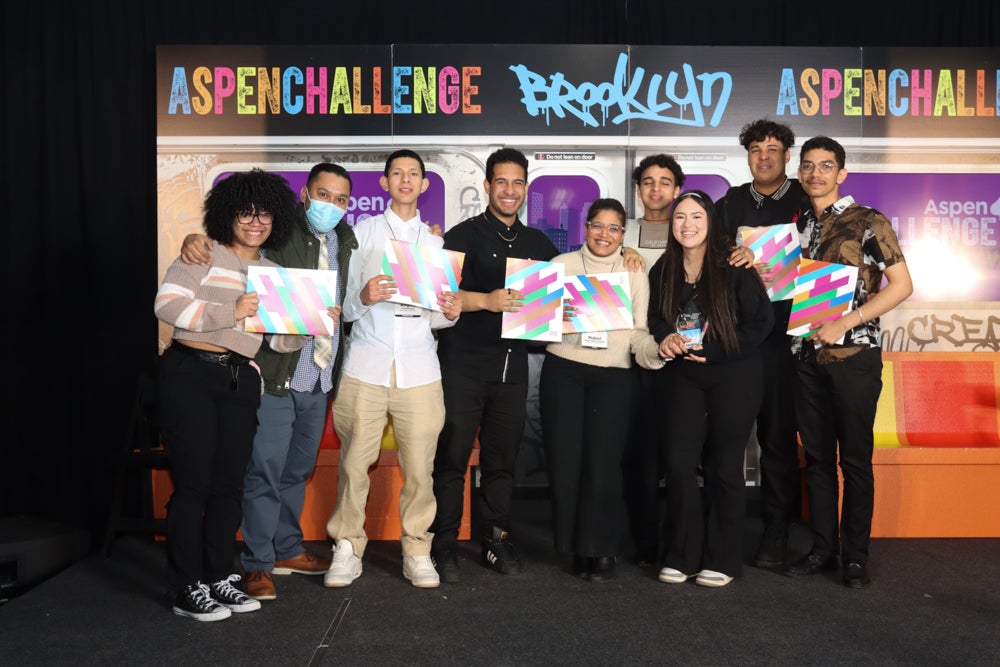Today marks the conclusion of Hispanic Heritage Month in the United States. While these recent weeks gave the country an opportunity to celebrate the historical and cultural contributions of Hispanic Americans, Latinos must be recognized beyond the tropes of telenovela stars and fiestas. Going forward, the country’s movers and shakers must incorporate American Latinos in the decision-making process across all sectors of society in order to continue building an inclusive future for all. This is imperative to maximize American Latino potential because the United States depends on it. Without the intentional inclusion of Latinos, there’s a lot at stake for the country’s future.
For starters, the nation’s economy is at stake. The Latino community has been a force in driving economic growth for decades. Currently, Hispanic Americans contribute $2.3 trillion to the US GDP — growing 72 percent faster than the country’s non-Latino GDP. Latinos aren’t stealing jobs; they are creating them. Latino-owned firms make up 14 percent of all US firms, generating a total of $700 billion in revenue and creating nearly three million jobs. Hispanic-owned companies represent 4.65 million businesses out of the 33 million total American businesses — of those, a full 25 percent of them are woman-owned. For the American economy to prosper in a more equitable and inclusive way, government and business leaders alike must support Latino-owned businesses and incorporate Latinos on boards, in C-suites, and in other positions of influence.
Latinos are the youngest demographic group in the nation and as such will have a far-reaching impact on the direction of the country. One in four students currently enrolled in the nation’s public schools identifies as Hispanic. Latino eligible voters are growing faster than any other group; more than 66,000 American Latinos become eligible to vote every month and not even half of the Latino population has reached voting age. Latinos are on track to account for one in two new workers entering the labor force by 2025 — helping to fill the labor deficit created by the retirement of Boomers. The next generation of workers, entrepreneurs, business leaders, government officials, activists, etc., will depend on the preparation of Latinos; which is why it is imperative that influencers and decision-makers proactively invest in education, civic engagement and the upskilling of Hispanic Americans today.
Too much is at stake if Latino contributions are only acknowledged one month out of the year. Since 2015, the Aspen Institute Latinos and Society program has worked to highlight Latino contributions to foster a greater understanding of the role that American Latinos play in advancing this nation. We believe that by bringing Latino and non-Latino voices together to address our country’s most critical issues, we can collectively create a more prosperous and inclusive future for all. Increasing opportunity is simply the right thing to do as we work toward a free, just, and equitable society. However, inclusion requires engagement, action, and leadership from everyone. One way to work towards an inclusive society is to ensure Latinos have a seat at the table from the top down. The next time you are planning a convening, looking to hire, selecting a board member, etc., ask yourself if you are including a Latino voice. Better yet, more than one. If not, you’re missing the mark.

